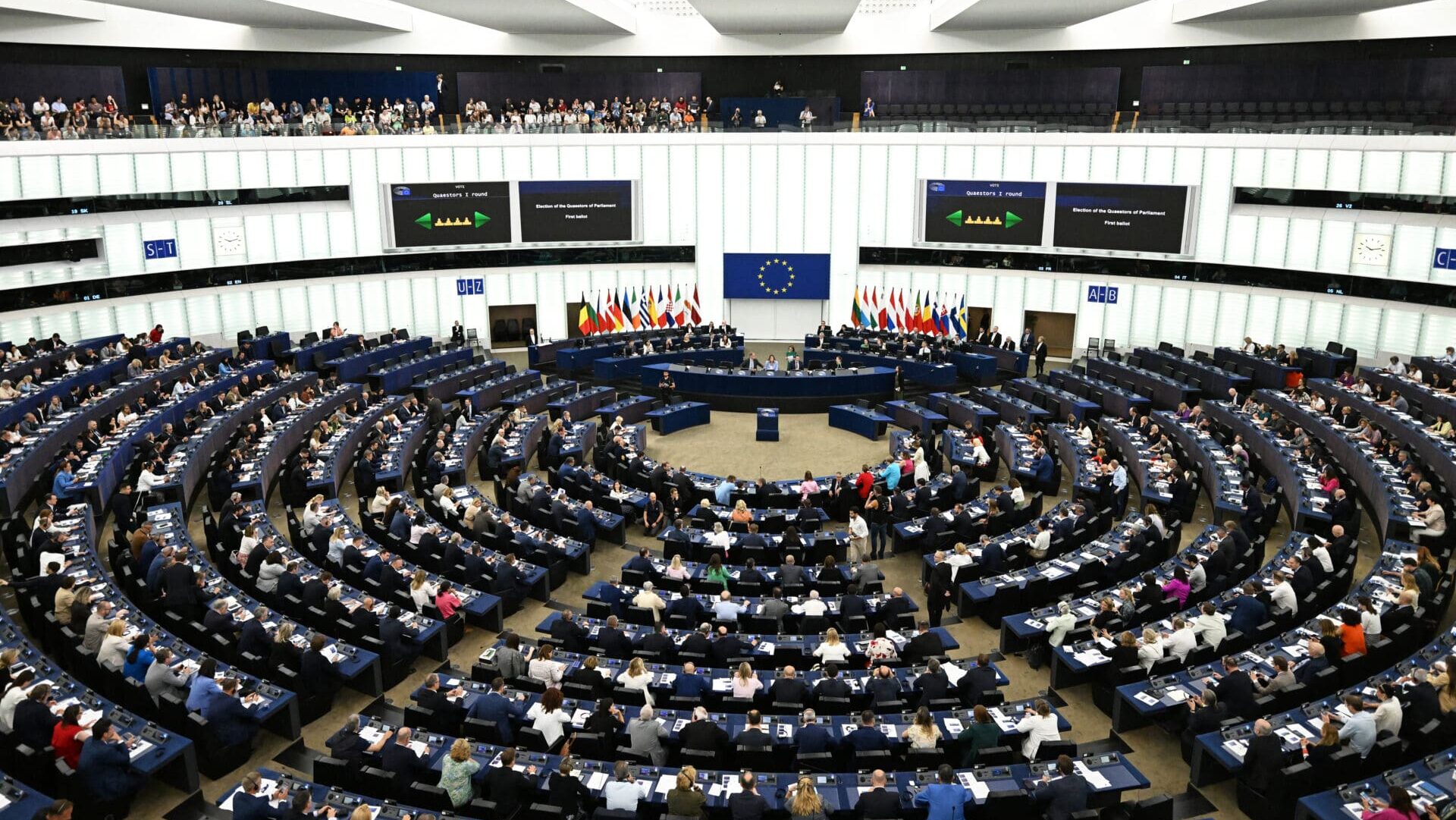Hungarian lawmakers have passed new legislation requiring Members of the European Parliament (MEPs) to submit declarations of assets and liabilities in accordance with domestic transparency standards.
In the proposal, MPs from the governing Fidesz party argued that ‘corruption scandals in recent years involving certain MEPs and senior EU officials have highlighted the inadequacy of transparency mechanisms in Brussels to ensure the integrity of public life. Member States bear an increased responsibility to hold their own representatives accountable in order to restore and strengthen public trust. The Hungarian asset declaration system, which is among the most stringent in Europe, serves this purpose. Until now, the resulting obligations have not applied to MEPs, despite their holding office on the basis of a mandate from the Hungarian electorate.’
The adopted legislation stipulates that ‘MEPs shall be required to submit a declaration of assets and liabilities in line with national transparency standards, while remaining within the framework established by EU law.’ A breach of these requirements may lead to the termination of the MEP’s mandate.
The issue was first raised by Hungarian Prime Minister Viktor Orbán in his State of the Nation address in February. ‘For the sake of order, we are introducing a requirement that MEPs—those currently in office—must submit the same kind of asset declarations as those required by law from Hungarian MPs,’ he stated.
Fidesz parliamentary group leader Máté Kocsis later emphasized that ‘in the interests of fairness, it would be right for everyone participating in public life—those who seek power, who hold power, who exercise public authority—to be subject to the same standards.’
Critics of the government have labelled the legislation ‘Lex Magyar’, referring to opposition leader Péter Magyar, who currently holds a mandate in the European Parliament. In a leaked audio recording, Magyar’s former partner alleged that the Respect and Freedom (Tisza) Party leader possesses a stake worth 90 million HUF, earned through stock market information that ‘he should not have known’. While the issue has recently returned to public attention, Magyar maintains that no insider trading occurred. The Hungarian Central Bank is currently investigating the matter.
The Hungarian Prosecutor’s Office has already initiated two immunity proceedings against Magyar in different cases.
Related articles:








